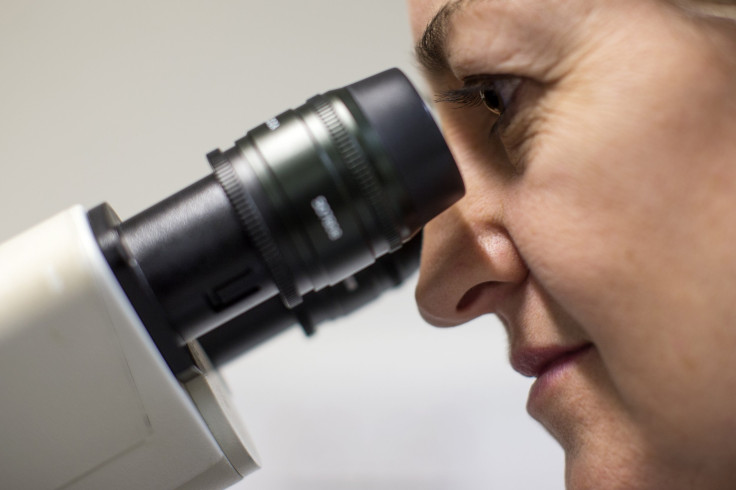Colon Cancer Is Killing More Young People And Researchers Don't Know Why

A study released by the American Cancer Society (ACS) Tuesday shows a steady rise in colorectal cancer (also known as colon cancer) among young people, according to NBC News. Colon cancer has seen a decline in reported cases overall, but reasons for a rise among young white individuals remain unknown to researchers.
The study claims that reported cases have increased by 1.6 percent annually in adults younger than 50. This finding can be traced back to 2004, which is when the first spike in colon cancer among individuals under 54 reportedly occurred. However, the study adds, "the increase in young adults followed a decade of rapid declines during the late 1970s and early 1980s."
SEE ALSO: Can Marijuana Cure Cancer? Ways In Which Cannabis Can Be Helpful
The study's discovery is only seen in Caucasian individuals between ages 20 to 29, which puzzled researchers because African Americans are more prone to developing colon cancer. However, death rates for African Americans who had colon cancer fell during the study period from 0.4 percent to 1.1 percent annually.
ACS reported that "[colorectal cancer] incidence rates in blacks were about 20% higher than those in non-Hispanic whites (NHWs) and 50% higher than those in APIs [Asians/Pacific Islanders]." While the study didn't focus on individuals of Ashkenazi Jewish descent, The Norton & Elaine Sarnoff Center for Jewish Genetics claimed that "Ashkenazi Jews have higher rates of colorectal cancer (CRC) than any other ethnic group."
Gender disparity is also not understood by researchers at this time, with cancer researchers finding that men are 30 percent more likely to develop colon cancer than women.
"Although the risk of colorectal cancer remains low for young and middle-aged adults, rising mortality strongly suggests that the increase in incidence is not only earlier detection of prevalent cancer, but a true and perplexing escalation in disease occurrence," Rebecca Siegel, an ACS investigator, said in the study. "It is especially surprising for people in their 50s, for whom screening is recommended, and highlights the need for interventions to improve use of age-appropriate screening and timely follow-up of symptoms."
Preventative colonoscopy exams have led to a decline in colon cancer cases, but some studies suggest that preventive exams don't necessarily help to stop colorectal cancer in its tracks.
SEE ALSO: How Many Different Types Of Skin Cancer Are There?
A 2016 study published in The New England Journal of Medicine claimed that colonoscopies don't deserve sole-credit for preventing colon cancer because the screenings aren't capable of determining everything. The researchers supported their claim, saying, "the majority of people undergoing screening are neither identified as having cancer nor protected from its developing, but they often endure repeated colonoscopy for surveillance of small polyps."
Colonoscopy, which is performed by gastroenterologists, is the most common method to screen for colon cancer. According to US Preventive Services, colon cancer screenings are recommended for individuals ages 50 to 70. However, the ACS's findings may change the recommended testing age.
There are recommendations in place for children born to families with high rates of colorectal cancer. According to Color.com, individuals are at a higher risk of developing colon cancer "if the colorectal cancer in the family was diagnosed at a young age (typically under the age of 50), or in a first-degree relative (parent, sibling or child)."
Heavy alcohol and tobacco consumption, lack of physical activity and low fruit intake are a list of factors that have been linked to individuals who developed colorectal cancer, according to the Colon Cancer Coalition. However, ACS noted that obesity is a risk factor that is universally increasing.
A representative of American Cancer Society did not immediately return International Busines Times' request for comment.
Follow me on Twitter @dory_jackson
© Copyright IBTimes 2024. All rights reserved.












